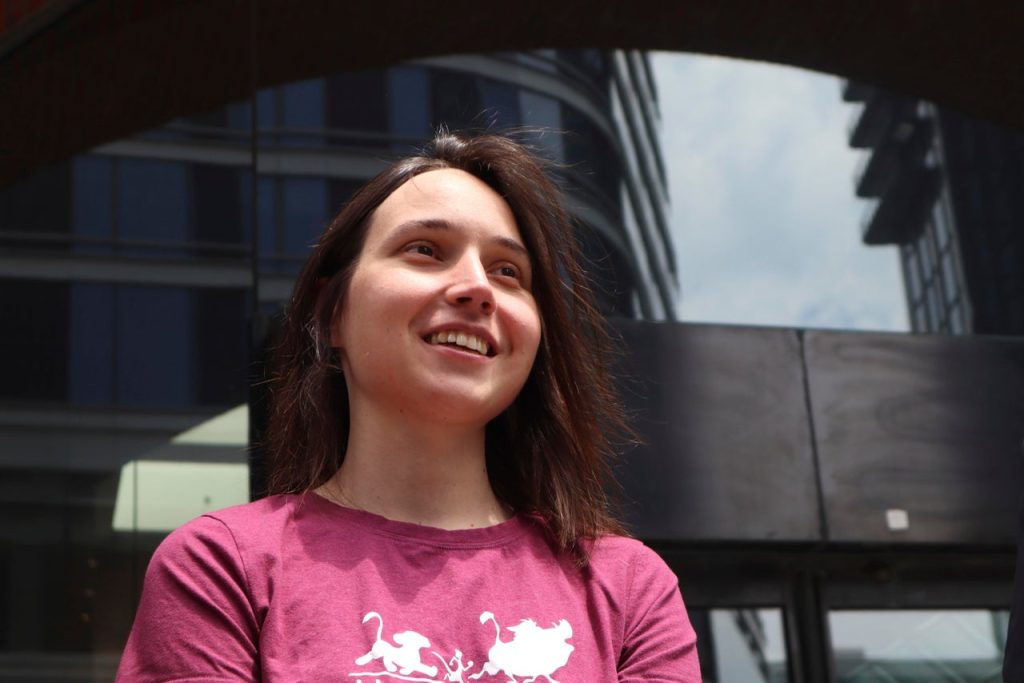A Russian researcher at Harvard Medical School was released from federal custody Thursday after spending nearly four months behind bars on a biological smuggling charge.
Kseniia Petrova, a scientist at Harvard’s Kirschner Lab, was arrested in February at Boston’s Logan International Airport after U.S. Customs and Border Protection agents allegedly discovered undeclared frog embryos and other embryonic samples in her luggage upon arrival from Paris.
The Justice Department said Petrova initially denied possessing any biological materials but later admitted to carrying the samples. Prosecutors cited text messages from a colleague suggesting she had been advised to declare the materials before entry, contradicting her claim of ignorance.
Petrova’s attorney, Gregory Romanovsky, argued in court filings that the materials were “non-hazardous, noninfectious, and non-toxic,” and that Petrova, with no prior experience handling international transport of biological materials, did not fully understand U.S. customs requirements. The samples, he said, were brought in at the request of a Harvard research group leader.
After the discovery, Petrova’s visa was revoked, and she was taken into ICE custody, initially detained in Vermont and later transferred to Louisiana. Though she was released from ICE in May, she remained in the custody of the U.S. Marshals Service until her bail hearing this week in Boston.
Colleagues from Harvard testified in her defense, praising her contributions to cell and developmental biology research, particularly in cancer studies.
“It remains difficult to understand why someone like Kseniia had to spend four months in jail. She poses no danger and has deep ties to her community,” Romanovsky said in a statement to CBS News. “Her work has the potential to improve lives around the globe, including here in the United States.”
Petrova’s immigration case is ongoing, and she has not yet decided whether she will remain in the U.S. if allowed.
A probable cause hearing is scheduled for June 18.



